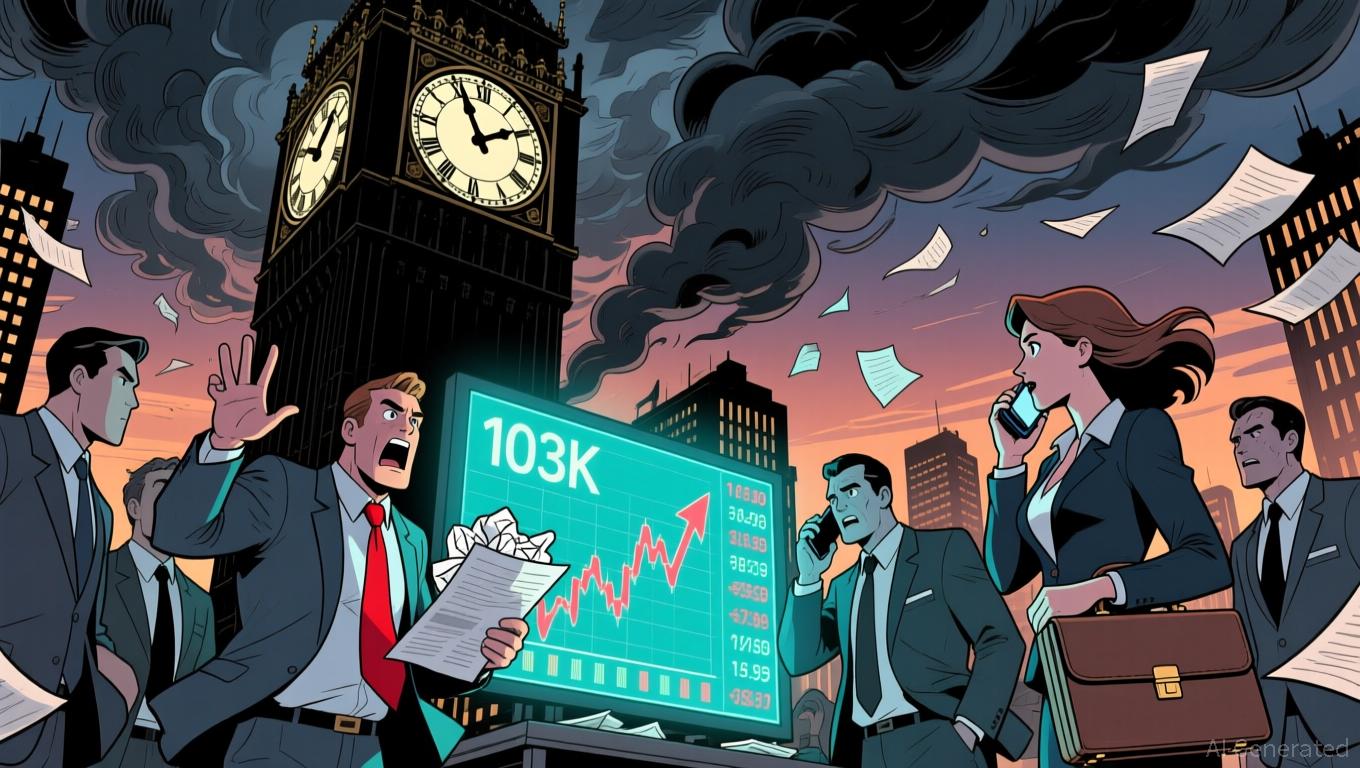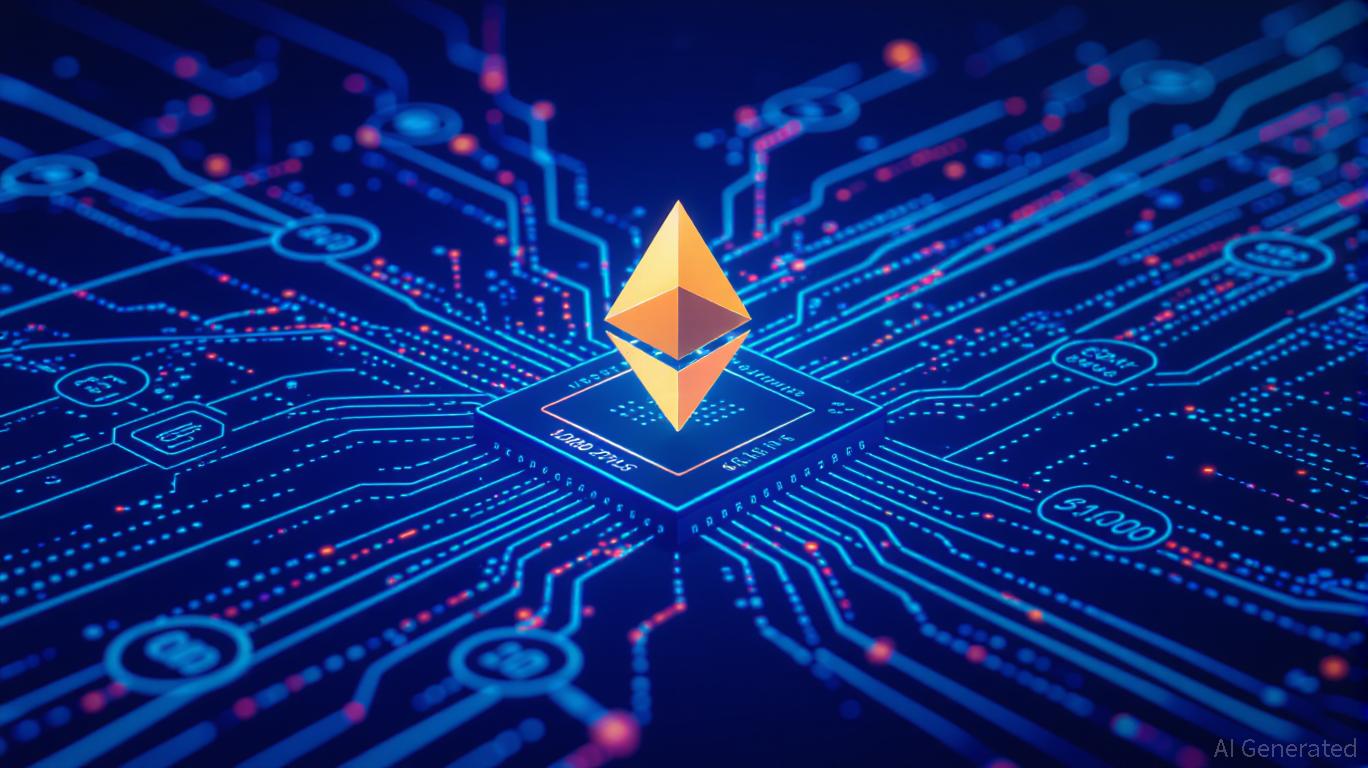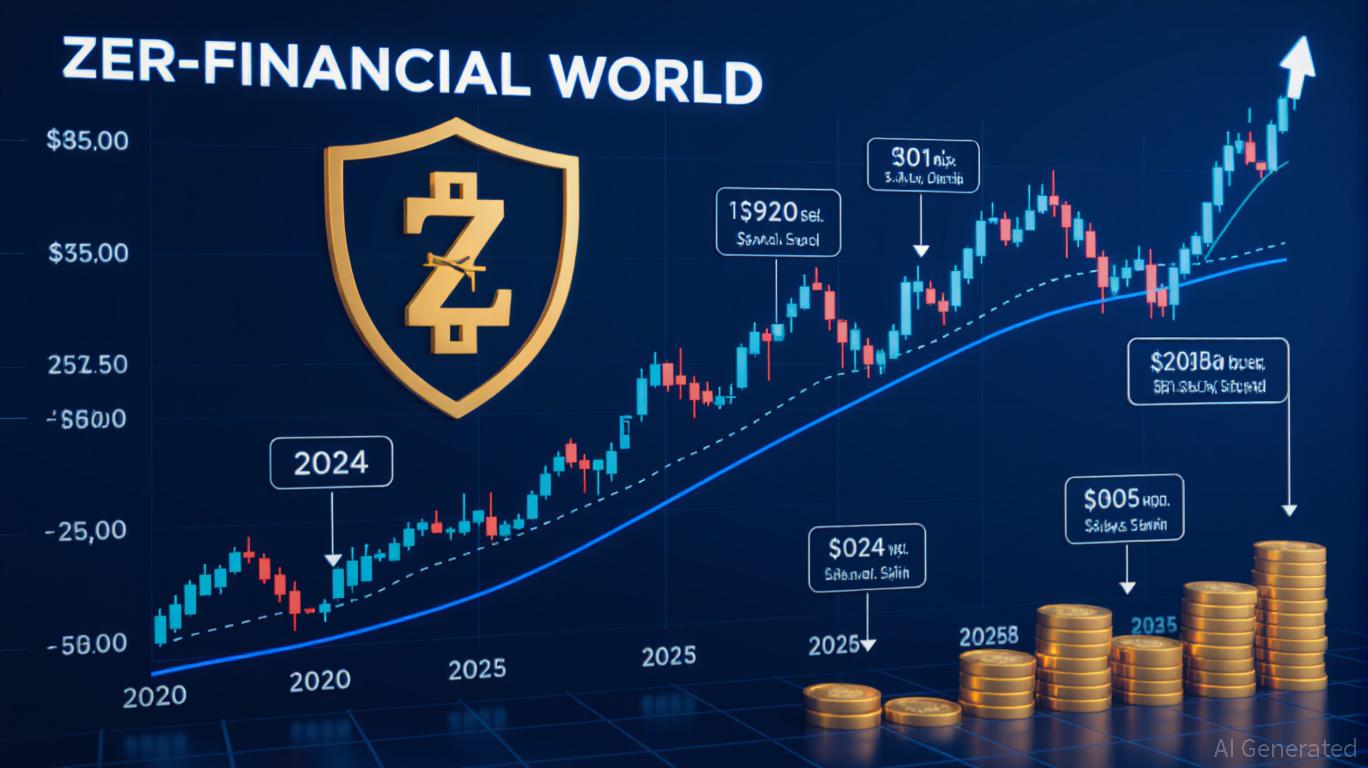ALGO Price Drops 7.18% Over the Past Week as Earnings Remain Mixed and Strategic Moves Unfold
- ALGO stock fell 7.18% over 7 days despite 24-hour gains, reflecting mixed business updates from Light AI and Aligos Therapeutics. - Light AI increased R&D spending to $1.2M in Q3 2025 but faced $3.4M non-cash compensation expenses, signaling financial strain amid innovation focus. - Aligos advanced hepatitis B trials but reported $31.5M net loss in Q3 2025, highlighting clinical progress versus immediate financial challenges. - Market uncertainty persists as investors weigh innovation potential against h
As of November 7, 2025,
Light AI Inc. (ALGO), a company in the healthcare technology sector that focuses on AI-powered diagnostic tools, has just released its financial results for the third quarter of 2025. The report emphasized ongoing investments in developing new products, with research and development costs totaling $1.2 million for Q3 2025. This spending reflects a deliberate move toward innovation, although the $3.4 million in non-cash share-based compensation during the same period points to persistent financial hurdles.
At the same time,
The combination of clinical milestones and ongoing financial pressures from these companies has led to a complex market atmosphere. Light AI’s emphasis on research and development, despite significant non-cash costs, and Aligos’ commitment to long-term clinical research both mark pivotal points in their industries. Investors are paying close attention to these shifts, weighing the promise of innovation against the immediate fiscal challenges these organizations face.
Recent events have influenced ALGO’s technical outlook, prompting traders to examine crucial metrics to predict future trends. The 7.18% decline over the past week has sparked debate about the durability of short-term gains and the outlook for businesses tied to the ticker. Experts have observed that, although Aligos Therapeutics’ clinical progress and Light AI’s R&D initiatives are encouraging, the market remains cautious due to broader uncertainties, such as the high price of innovation and intense industry competition.
Backtest Hypothesis
One way to assess how these market forces affect ALGO is to conduct an event-driven backtest that reviews ALGO’s performance during periods of notable price increases. This method would involve pinpointing occasions when the stock closed with a gain of at least 5% and tracking its subsequent movement over a set timeframe. The backtest would define a surge as a close-to-close return of 5% or more, using closing prices as the basis for evaluation.
This type of analysis could shed light on ALGO’s behavior after major price changes, especially in light of recent corporate developments. By focusing on these event-specific intervals, the backtest can reveal whether ALGO’s price jumps tend to persist or are followed by corrections, offering a better understanding of its volatility and trend potential. The review would also consider the impact of external events, like earnings releases or clinical trial updates, on performance after a surge.
Disclaimer: The content of this article solely reflects the author's opinion and does not represent the platform in any capacity. This article is not intended to serve as a reference for making investment decisions.
You may also like
Bitcoin News Update: Bitcoin’s Drop to $100k Highlights Short-Term Anxiety Versus Enduring Confidence from Institutions
- Bitcoin fell below $100,000 in Nov 2025 amid geopolitical tensions and profit-taking, wiping $1.3B in crypto liquidations. - Technical indicators showed bearish momentum, with whales selling 38.4k BTC while retail traders bought 415 BTC. - Michael Saylor predicted $150k BTC by year-end, citing institutional adoption, as investors shifted to altcoins like AlphaPepe. - Miners like MARA doubled Bitcoin reserves in Q3, but stocks dipped amid macroeconomic uncertainties and volatile price swings.

Vitalik Buterin Backs ZKsync: Driving Layer 2 Expansion and Unlocking Investment Opportunities
- Vitalik Buterin's endorsement of ZKsync's Atlas upgrade validates its technical innovation, boosting institutional interest and investor confidence. - The upgrade enables direct Ethereum liquidity access, achieving 15,000+ TPS and near-zero fees, positioning ZKsync as a key Layer 2 infrastructure. - Buterin's backing triggered a 120% token price surge and $600M market cap, highlighting its potential to dominate Ethereum's scaling solutions. - ZKsync's tokenomics overhaul prioritizes buybacks and staking

Zuckerberg: *The Social Network* Captured My Mannerisms, But Not My Life
- Mark Zuckerberg praised *The Social Network* for accurately replicating his Harvard-era casual style, including owned T-shirts and fleece jackets. - He criticized the film's narrative, calling its portrayal of his Facebook motivations and fabricated romantic subplot "completely wrong." - Zuckerberg highlighted Hollywood's struggle to grasp tech entrepreneurship's intrinsic appeal, emphasizing real-world innovation vs. dramatization. - Despite narrative disagreements, he bought the film's iconic "Ardsley

Zcash Halving Scheduled for November 2025: Triggering Market Fluctuations and Attracting Speculative Investments
- Zcash's November 2025 halving will cut miner rewards by 50%, mirroring Bitcoin's deflationary model and tightening supply. - Historical data shows post-halving price surges, with Zcash's price rising 472% since October 2025 amid $137M institutional inflows. - Privacy-centric features (30% shielded supply) and speculative demand drive volatility, but regulatory risks and competition pose challenges. - Market dynamics highlight tension between scarcity-driven optimism and macroeconomic uncertainties affect
